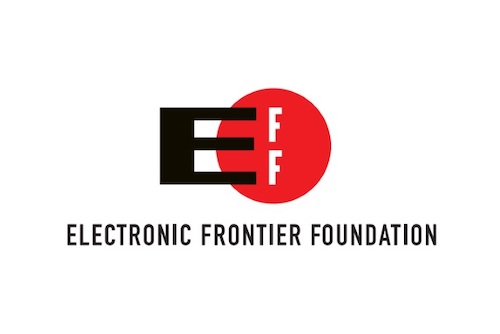 A DNA sample contains a person’s entire genetic makeup. This genetic information is deeply private. It can reveal intensely sensitive information about us, including our propensities for certain medical conditions, our ancestry, and our biological familial relationships. Raising the specter of eugenics and other discredited theories, some researchers have theorized that genetics could help explain human behaviors such as aggression, addiction, criminal tendencies, and even political views. Private companies claim they can use our DNA to predict whether we are introverted or extroverted, averse to cilantro, excel at running, or are afraid of public speaking. One company, regularly used by law enforcement in cold case investigations, even claims it can predict a person’s physical facial appearance from their DNA, including “skin color, eye color, hair color, freckles, ancestry and face shape.”
A DNA sample contains a person’s entire genetic makeup. This genetic information is deeply private. It can reveal intensely sensitive information about us, including our propensities for certain medical conditions, our ancestry, and our biological familial relationships. Raising the specter of eugenics and other discredited theories, some researchers have theorized that genetics could help explain human behaviors such as aggression, addiction, criminal tendencies, and even political views. Private companies claim they can use our DNA to predict whether we are introverted or extroverted, averse to cilantro, excel at running, or are afraid of public speaking. One company, regularly used by law enforcement in cold case investigations, even claims it can predict a person’s physical facial appearance from their DNA, including “skin color, eye color, hair color, freckles, ancestry and face shape.”
DNA has been used in criminal cases since the late 1980s, but DNA technology and research have advanced significantly since then. Where once, a useful forensic sample could only be obtained from blood, semen, or other bodily fluids, today, forensic investigators can detect, collect, and analyze trace amounts of DNA from objects merely touched by a person. DNA collection is now mandatory from those convicted of or arrested for many crimes, and the national CODIS DNA database, maintained by the FBI, contains nearly 16 million offender profiles and 5 million arrestee profiles.
Despite these technological advances, some crimes continue to have no suspects. In an increasing number of these cases, police are turning to a relatively new investigative technique: forensic genetic genealogy (FGG). Through FGG, police access consumer-facing genetic genealogy websites to try to identify the source of crime scene DNA samples. These consumer sites allow people to upload their own genetic information and use the sites’ proprietary algorithms to search through other users’ data to identify long lost relatives and build a family tree. Several of these sites also allow police to search through the same data to try to find suspects. FGG has been gaining interest after one site, GEDmatch, was used to find the “Golden State Killer,” a man responsible for a series of brutal rapes and murders that plagued California in the 1970s and 80s. By the end of 2021, FGG had been used in well over 500 criminal cases.
The Electronic Frontier Foundation, has worked on several cases where law enforcement used FGG, and now the Foundation has published a "Primer For Defense Attorneys And Policymakers" based on that work. This article discusses how genetic genealogy works, law enforcement’s use of FGG, and how FGG can both misidentify suspects and, in rare cases, help to clear wrongful prosecutions and exonerate wrongfully-convicted individuals. It will also discuss new statutory restrictions on the use of FGG and what policymakers need to know to place appropriate guardrails on these searches. Finally, it will discuss what defense attorneys should look for if FGG is used in their cases and how to challenge FGG as an unconstitutional search.
While written for "Defense Attorneys And Policymakers," I suspect the article will also be of interest to many genealogists working on their own family trees. The article may be found at: https://www.eff.org/document/forensic-genetic-genealogy-searches